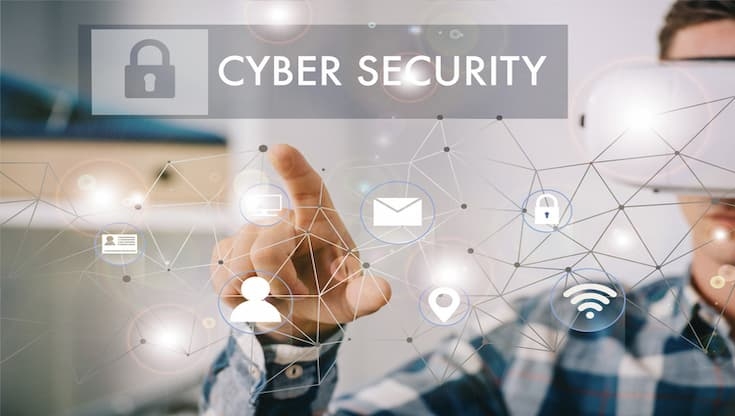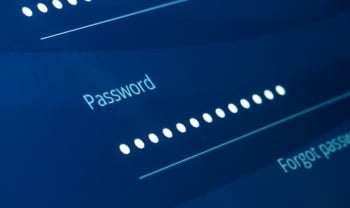Poor cyber hygiene causes over 50% of cybersecurity incidents

The security habits that companies and employees adopt on a daily basis are almost as important as the cybersecurity solutions they implement. Even if a sophisticated and seemingly robust cybersecurity system is in place, inadequate practices and usage can lead to cybersecurity incidents and breaches that have serious consequences.
Failing to cultivate good cybersecurity practices in a company's culture can prove a determining factor when dealing with potential threats. This is reflected in a survey where 51% of participants pointed to poor cyber hygiene as the cause of more than half of their cyber incidents.
Cybersecurity professionals can help promote habits aligned with protecting a business’s systems and data successfully. As an additional feature within MSP benefits, this advice can increase the effectiveness of customer service that boosts customer satisfaction and engagement.
Tips on how to improve business cyber hygiene
Customers' cybersecurity practices are closely related to the effectiveness of their protection solutions. Given this key correlation, we share some tips on how to improve employee habits and elevate data protection that MSPs can suggest to their customers:
-
Create strong passwords:
Passwords are the cornerstone of a good cybersecurity system. It is critical to avoid weak, obvious passwords and encourage employees to change passwords regularly. This is the first step in ensuring that staff adopt responsible cybersecurity practices. Using a password manager is an effective solution to prevent password-related incidents.
-
Giving dubious websites a miss:
Some websites host malicious agents or are simply another form of phishing. Users should bear in mind that not all websites are secure and make it a policy to only access portals they trust or that have been approved by a web filtering service.
-
Performing regular updates:
Outdated software is the ideal entry points for cybercriminals. Companies need to make sure all software is kept up to date and that patches are deployed on a regular basis.
-
Avoiding public Wi-Fi connections:
Open wi-Fi networks often lack safeguards and expose users to threats, from malware hosted on the network to hacker attacks to connecting to a fake network. It is essential that all devices with access to sensitive information only connect through secure Wi-Fi network.
MSP: Complementing your customers' good habits
Although employees are aware of how important it is to use cybersecurity systems correctly, human error can creep in and lead to incidents. MSPs can provide their customers with complementary services to protect their systems against these mishaps. By offering additional training and feedback features to their catalogue of services, MSPs can differentiate themselves from competitors and boost the efficiency percentage of the service provided, which, in turn, has a positive impact on customer satisfaction.
We recommend offering solutions that detect and block possible connections to compromised websites as one of the ways to complement good cybersecurity practices. DNSWatch provides MSPs with a Cloud-based solution that adds DNS-level filtering to detect and block potentially dangerous connections, thus protecting networks and employees from potential attacks and improving an organization’s cyber hygiene.
In short, the correct use of solutions dedicated to protecting companies is key to ensuring their effectiveness. Support for businesses so that they can cultivate good cyber hygiene practices is key and MSPs should offer their expertise and experience and furnish customers with advice and complementary tools to elevate their cybersecurity.
If you would like to find out more about how to improve your customers' cybersecurity, check out the following blog posts:
- What is anti-tampering protection and how can it help a company’s cybersecurity?
- Advantages of offering your own MDR service
- 10 Cybersecurity Tips for Business Travel & Remote Employees


